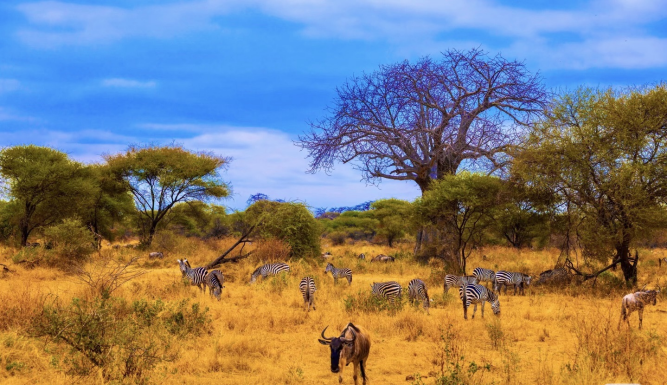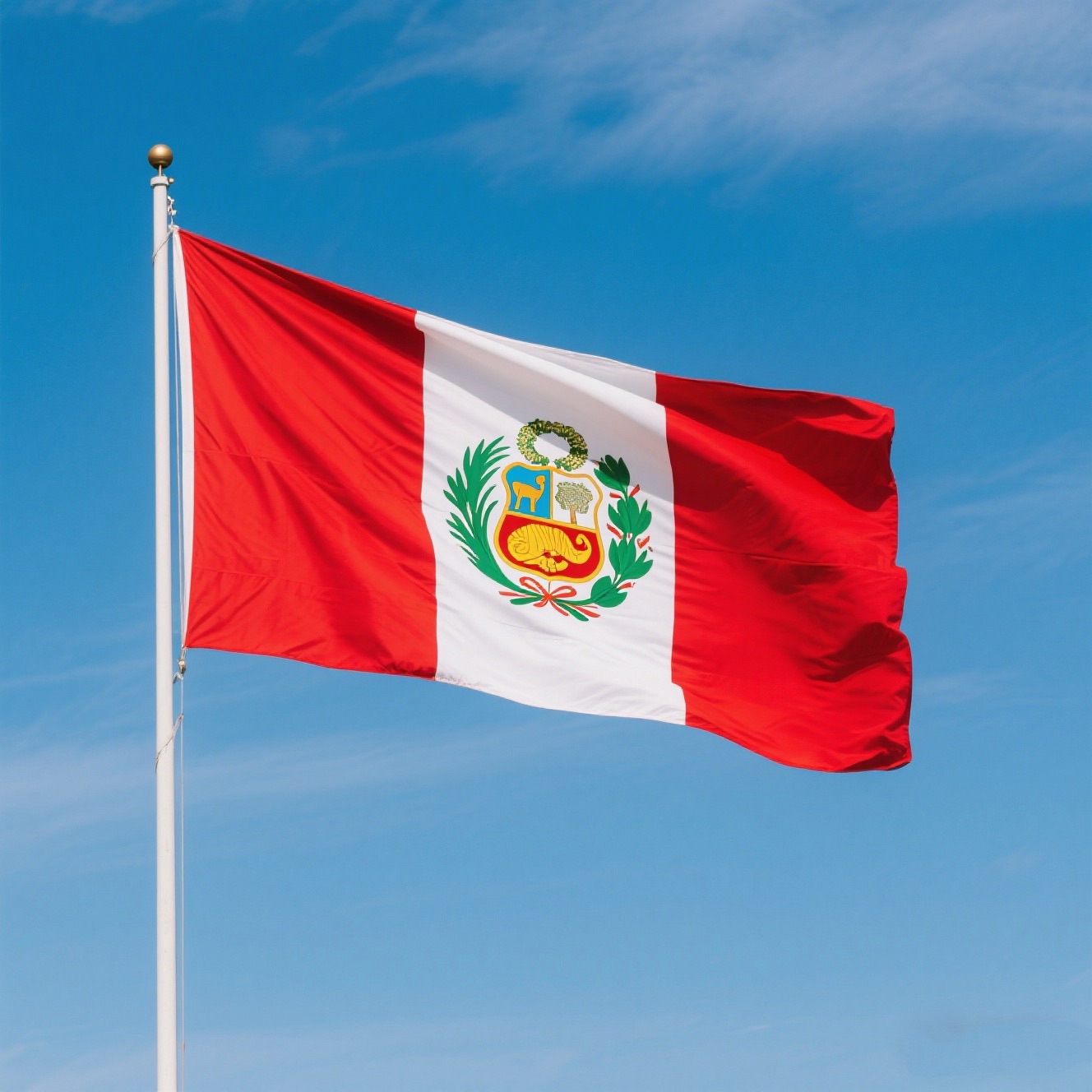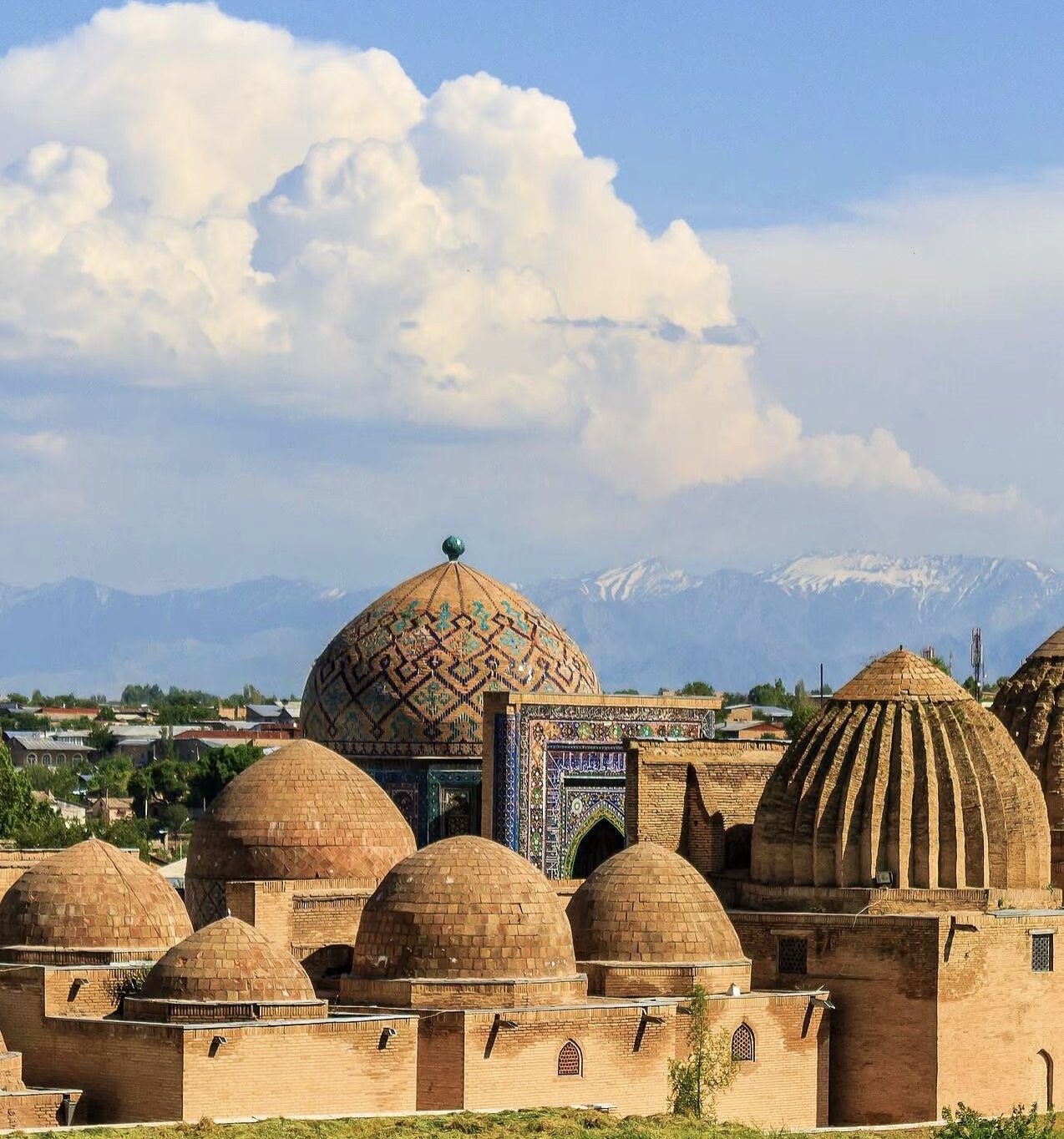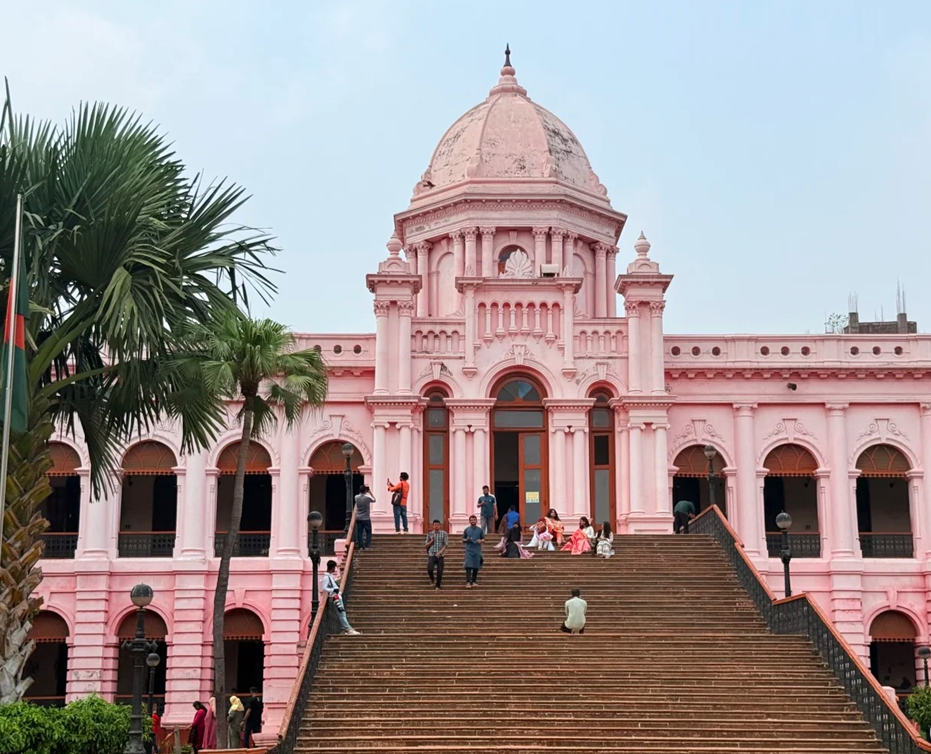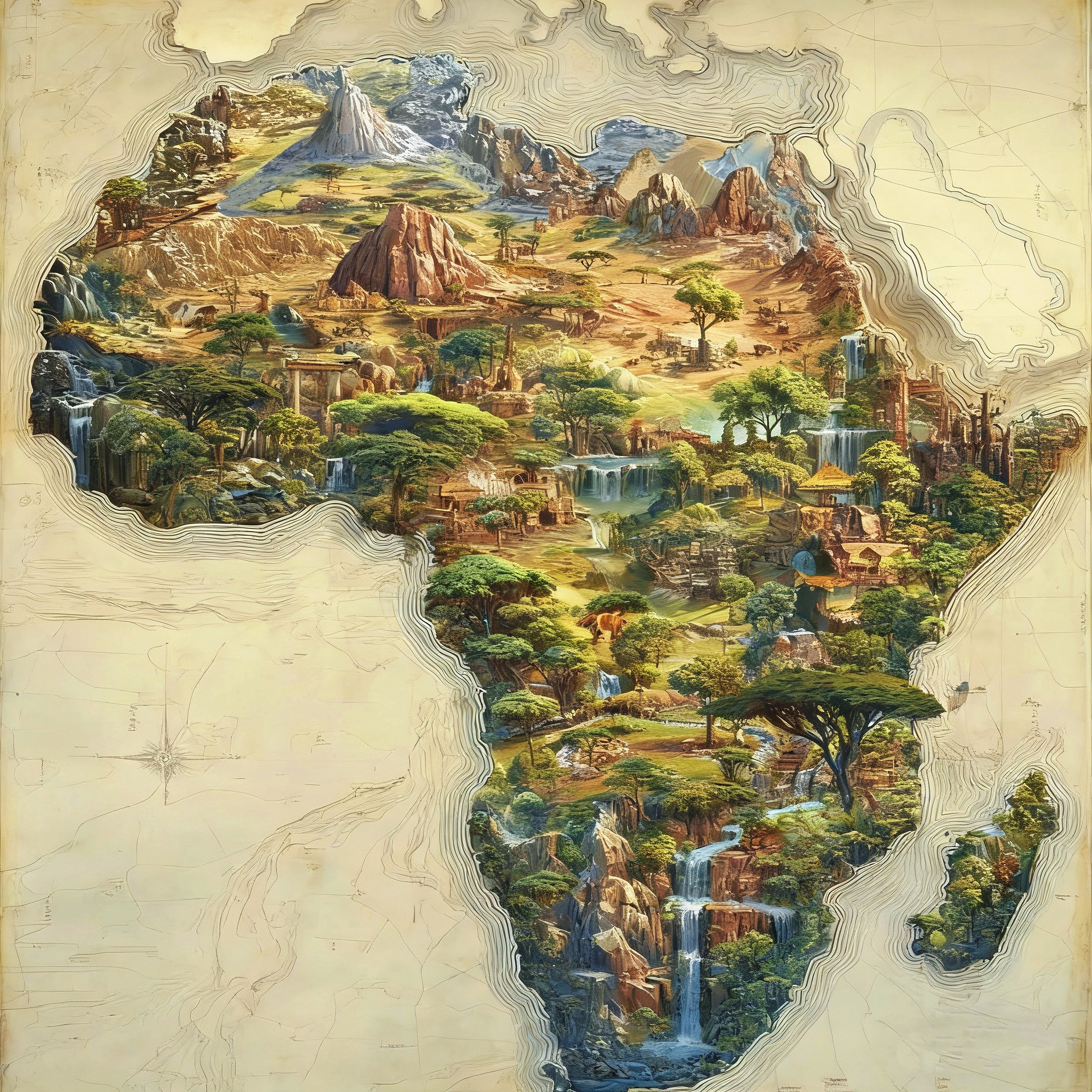
Demographic Dividend and Resource Treasure Trove: Unlocking Infinite Business Opportunities in the African Market
“The African continent is rich in natural resources and energy reserves, including oil, natural gas, various minerals, and agricultural products. These resources hold strategic significance for corporate production and operations, especially against the backdrop of increasingly scarce global resources, making Africa’s resource endowments even more valuable. By investing in resource development in Africa, companies can effectively reduce production costs and enhance their international competitiveness.”
The African market, with its vast population size and youthful consumption structure, offers businesses extensive marketing space and tremendous growth potential. With the continuous development of Africa's overall economy, the rapid rise of the middle class, and a significant improvement in consumption capacity, local market demand is gradually being unleashed, presenting unprecedented development opportunities for enterprises.
The African continent is rich in natural resources and energy reserves, including oil, natural gas, various minerals, and agricultural products. These resources hold strategic significance for corporate production and operations, especially against the backdrop of increasingly scarce global resources, making Africa’s resource endowments even more valuable. By investing in resource development in Africa, companies can effectively reduce production costs and enhance their international competitiveness.
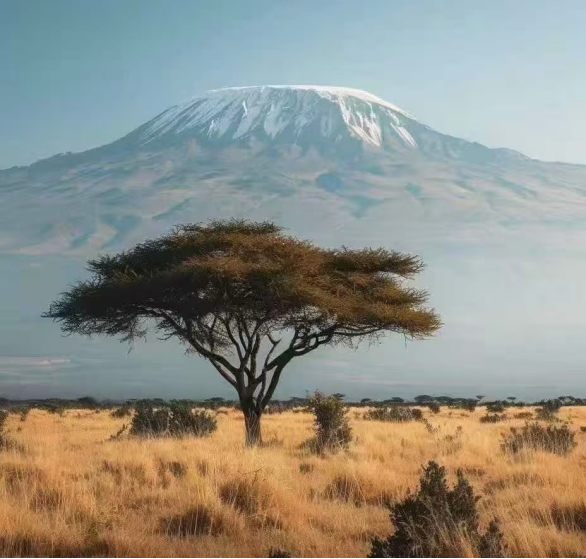
Core Motivations for Enterprises to Explore the African Market
I. Huge Market Potential
Africa is home to approximately 1.3 billion consumers, making it one of the youngest and fastest-growing regions in the world. With steady economic growth and an expanding middle class, consumption capacity continues to strengthen, providing a broad potential market for various products and services. Additionally, Africa’s abundant natural resources such as oil, natural gas, and minerals offer significant development opportunities for the energy, mining, and related industries.
II. High Market Diversity
Africa consists of over 50 countries and multiple political entities, resulting in diverse market forms. This diversity helps companies diversify operational risks, achieve multiple revenue streams, and reduce dependence on a single market. African customers vary significantly in price sensitivity, cultural background, and communication styles, enabling businesses to develop targeted market strategies.
III. Strong Demand for Infrastructure Construction
Africa still faces substantial gaps in infrastructure such as transportation, communications, and energy, creating numerous business opportunities for construction, engineering, and related service companies. Although cross-border e-commerce faces challenges in logistics, payments, and communications, companies that address these pain points will establish a significant competitive advantage.
IV. Untapped Blue Ocean Market
Many niche markets in Africa remain underdeveloped, with numerous unmetdemands and emerging sectors. By precisely positioning and adapting their products and services to meet local needs, companies can seize market opportunities. Early entrants will enjoy distinct advantages in brand recognition and customer loyalty, creating high barriers for subsequent competitors.
V.Sustained Release of Economic Growth Potential
Many African countries are experiencing rapid economic growth. Entering the market at this stage helps companies capture future growth opportunities and lay a foundation for long-term development. With rising purchasing power among residents, sectors such as consumer goods, technology, and financial services will see expansive growth space.

Core Potential of the African Market
I. Demographic Dividend and Consumption Upgrade
1. Advantageous Age Structure: Africa has the youngest population structure in the world. Over the next few decades, a large youth population will enter the main stage of consumption, releasing enormous consumption potential.
2. Continuous Urbanization: Africa’s urbanization is accelerating, and the expanding urban population continues to stimulate vitality in the consumer market.
3. Rising Consumption Levels: As economic conditions and education levels improve, African consumers are gradually shifting from meeting basic living needs to higher-level consumption such as electronics and branded apparel.
II. Economic Growth and Industrial Transformation
1. Manufacturing Development Opportunities: African countries have significant potential in labor-intensive manufacturing industries such as textiles, apparel, and food processing.
2. Growth Space in Services: With economic progress and improved living standards, service industries such as finance, education, healthcare, and tourism will experience rapid development.
3. Potential for Technological Innovation: Africa shows strong momentum and innovative vitality in emerging technology fields such as mobile payments and e-commerce.
III. Abundant Natural Resource Reserves
1. Rich Energy Resources: Africa is a globally important producer of oil and natural gas, with huge potential for the energy industry.
2. Diverse Mineral Resources: Africa is rich in minerals such as gold, diamonds, copper, and iron, providing a solid foundation for the mining and metal processing industries.
3. Superior Agricultural Resources: Africa boasts outstanding agricultural resources, covering various food crops, cash crops, and livestock resources, with broad development prospects.
IV. Significant Unmet Infrastructure Demand
1. Need for Enhanced Transportation Construction: Africa still has substantial demand for transportation infrastructure such as roads, railways, and aviation, providing ongoing business opportunities for related enterprises.
2. Accelerated Communication Development: As informatization progresses, the need for communication network coverage and upgrades becomes increasingly urgent.
3. Notable Energy Supply Gap: Africa faces significant shortages in energy areas such as electricity and natural gas, necessitating increased investment.
V. Accelerating Regional Economic Integration
1. Advancement of Free Trade Zone Construction: The African Continental Free Trade Area (AfCFTA) has been officially implemented, gradually eliminating tariff and non-tariff barriers among member states and promoting the free flow of goods and services within the region.
2. Facilitation of Cross-Border Investment: As the African market further opens and regional cooperation deepens, multinational companies will have more investment opportunities and can expand their market share through localized production.
3. Improved Trade Efficiency: African countries are continuously enhancing cooperation in customs, inspection, quarantine, and trade finance, steadily improving trade facilitation levels and reducing corporate operating costs.
In summary, Africa is far more than a vast continent rich in natural resources; it is a dynamic consumer market driven by a young population, accelerating urbanization, and sustained economic growth. For visionary enterprises, entering Africa now is not a blind adventure but a future-oriented strategic move. Although challenges exist, the enormous demand gaps, diverse market structures, and benefits brought by regional economic integration together constitute an unparalleled "blue ocean" opportunity. The key to success lies in deeply understanding its market diversity, meeting local needs with flexible and innovative approaches, and establishing strong brand trust ahead of others. For companies willing to cultivate the market long-term, Africa will undoubtedly become an indispensable growth engine in their globalization strategy, injecting robust momentum into their sustainable development.
